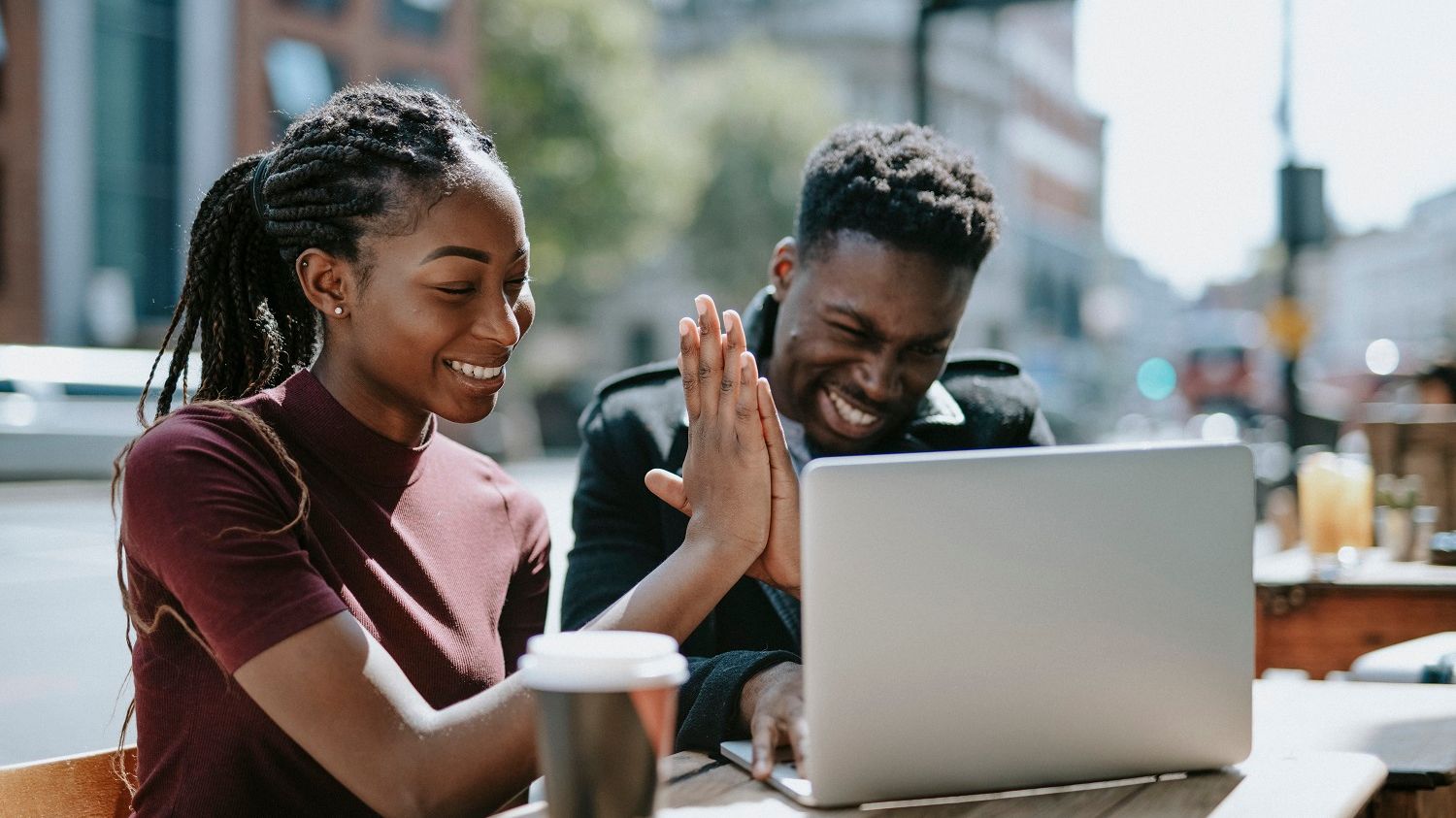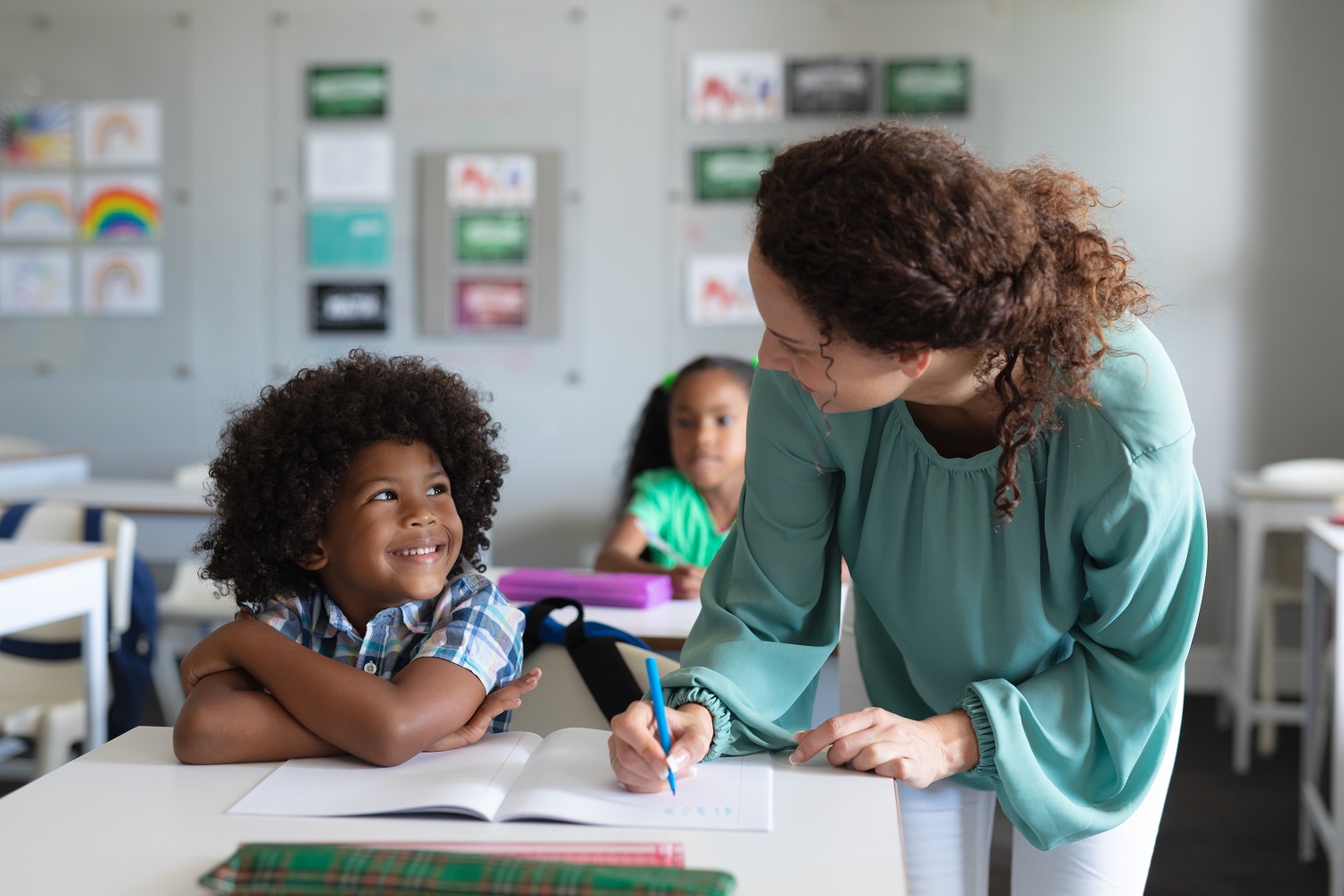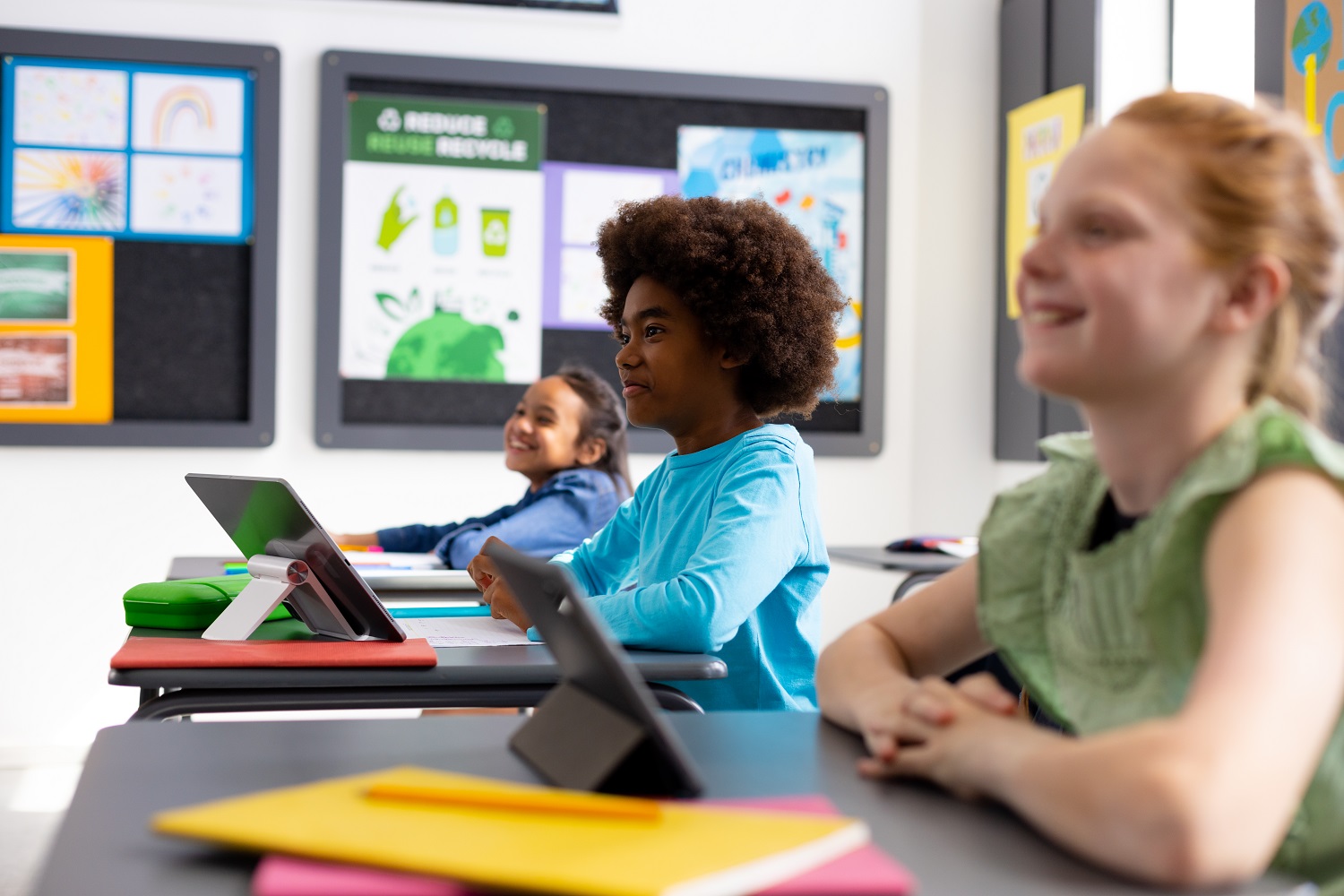Creating Student-led Learning Environments by Teaching Youth the Mindset of an Entrepreneur
Aug 02, 2023
In this inspiring podcast at the 2023 BOOST Conference, Dr. Sonia Toledo shared her insights emphasizing the urgent need to create student-led learning environments for our youth to thrive. She addresses the anxieties surrounding learning, the importance of understanding individual learning styles, and the role of self-awareness and emotional intelligence in empowering both educators and students.
Our Education System
Some of our children have a lot of anxiety around learning. We don't want to learn because we've experienced negative reactions of how we learn. We often hear people tell us that we either don’t meet the mark, or we are not as good as the person next to us, or when you’re perfect and make one mistake, they push you aside.
The anxiety level for academics is exaggerated and huge, especially now after the pandemic. What we're not identifying is “what is the learning style of our children?” We did a quick turnaround from in-person to virtual, then we spent a couple of years going back and forth with virtual & in-person, and we didn't explore or analyze which kids are exceeding in the virtual environment? How many of those kids blossom in a virtual environment and how many kids blossom more in an in-person environment? As responsible educators, we didn't think that it was critical for us to understand our learning process and create strategies to support our children consistently, which as a result has brought us now where we have a lot of reasons to talk about these things. We need to do something else, something totally different than what has been happening for years.

Fostering Self-Expression in Oppressed Communities
We need to talk about our black and brown children and our neighborhoods that are not necessarily promoting self expression. They're promoting oppression and restriction. Let’s talk about our children's self actualization and their self worth of who they are in this world. We have an opportunity to create an environment where our children begin acknowledging the contribution that they have on this earth starting now and there is no time to waste. If we're going to teach, let's start with teaching our children who they are.
Our academic system is constantly telling our kids how they are inferior to the other. This gets programmed into our system of who we are. I'm either in a smart class or I'm not. I'm going to a failing school or I'm going to a good school. Parents jump through hoops to get their kids in particular schools, even if it's not in their district, because the learning environment is different than the schools in the district. We do have an opportunity in the afterschool world to create an environment where our children really feel the sense of purpose for themselves no matter who they are.

Emotional Intelligence: The Key to Empowering Educators and Students
We are starting with our young people in learning how to identify and self actualize themselves through our lenses, which is detrimental because our lens is not healthy. We are not healthy body, mind, and soul in order to even see; how we could see the health in our children. This goes back to, if we're going to lead, let's lead, let's talk about our self care, our emotional intelligence. Are we there yet? Because only through emotional intelligence are you able to really pick up the truth about where our children are because you know yourself.
If someone has high emotional intelligence, they perceive their workplace stress low. If someone has a low emotional intelligence, they perceive their workplace stress high. The clear predictor is self-management. Self-management allows us to understand what works for me and what gets me to be my best and what doesn't work for me. With emotional intelligence, you get the sense of why am I feeling a certain way about something, when I feel something, why am I feeling it? What does that mean for me vs I'm feeling something, and I just keep moving because I have this task. How many of us walk around not eating all day because we got so much to do that we don't stop to say, I'm going to eat. Stopping is the secret, it is the magic pill. Stopping and giving yourself five minutes rewires your brain to begin to think about what's next. That strategy alone is a tool that we could use for ourselves. But if we don't know what the tools are for us, how do we know what the tools are for our kids?
These are what I call simple but very important strategies for us as adults to manage our own selves and then start thinking about, how are we going to create an environment to help our children manage themselves? First, we must do self-care. It's just not possible for us to feel that we're going to be good educators if we don't know who we are and what sparks us, what gets us down, what breaks us down, what is our best self?
The distinction is learning what works for you. Self management is a predictor of having or not having stress. It doesn't mean that you won't have stress. It is guaranteed that in life you're going to have some problems, challenges, hoops to jump over. How you handle it is what's going to make a difference not only for you, but also for the people you're responsible for including your staff, your children, and your family. We're responsible for so many things but we don't really recognize the importance of self-care. We need to give ourselves as much energy and power as we can to really overcome what we are facing today and it first starts with self.

The Three Pillars of Student Empowerment
Permission
I call it the three pillars. One, we got to give our children permission to be brilliant. You see a brilliant child; a brilliant child will show up. We often start comparisons and say things like you’re not enough, you should be reaching, you should be perfect, you should be this or that. We don't even allow our children to have space to be brilliant. Even if a child expresses his/her brilliance or talent, we kind of shun that empowerment talk. Permission to be brilliant is allowing and creating an environment where children have ideas and they're heard, and someone is listening. We all want validation; why not start with our children at five years old to give them validation for their thoughts and ideas. Brilliance also requires the opportunity to explore, experiment, discover, trial and error, problem solving, debates, and having an opinion.
We are living in a society right now that is debating how to teach our children because we don't want to give them too much information. We have to decide what we are doing with our kids. Are we going to give them the information they need to be the powerhouse brilliant children that they know they are or are we going to still stay in the blind side of it? Is it somebody else's responsibility to change the institution to save our kids or is it our responsibility to the kids that we have in our space to create an environment even if it contrasts the school day, but it gives our kids a different experience of who they are? Why are we adults making excuses that have nothing to do with us? If we are educators, we will find the way. We need to give our children the permission to experiment, explore, and discover all on their own because the experience becomes what's important.

Continue Reading ...



